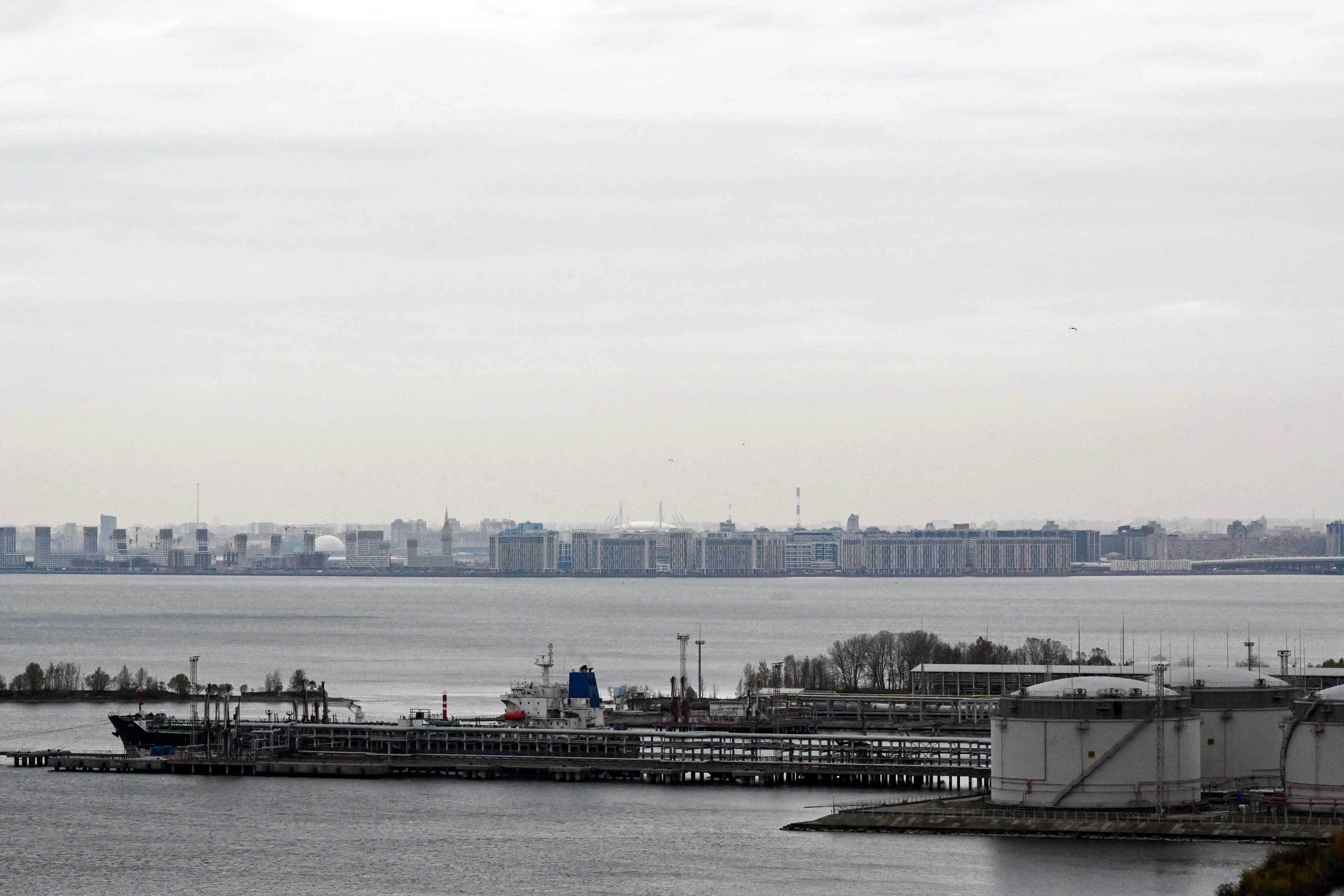Copyright scmp

India is expected to stop buying discounted Russian oil after the imposition of fresh US sanctions on two top producers, Rosneft and Lukoil, and instead increase its purchases of other goods from long-time ally Moscow. Many Indian refiners have paused new orders of Russian oil since Washington sanctioned the two Russian crude exporters last week, with buyers turning to the spot market for alternatives, according to a Reuters report. India, along with China, has been among the top buyers of Russian oil since the outbreak of the Russia-Ukraine war, a decision New Delhi has said is important for its energy security. It imports around 85 per cent of its crude oil requirement amid growing domestic demand. Along with the earlier blacklisting of two other major Russian producers, Surgutneftgas PAO and Gazprom Neft, Indian oil processors are trying to understand how much oil they can buy from non-sanctioned entities and at what price, according to reports. Together, the four sanctioned firms accounted for more than 80 per cent of India’s Russian oil imports in 2024. According to the International Energy Agency, Russian oil supplies accounted for around 40 per cent of India’s imports during the first nine months of this year. “The road to Russia has been restricted because the supply chains have been hit. From India’s perspective, I would call this a period of caution,” said Vivek Mishra, deputy director of the strategic studies programme at the Observer Research Foundation. Pankaj Srivastava, senior vice-president of commodity markets for oil at Rystad Energy, said he predicted a decline in India’s Russian oil purchases at least till the end of this quarter. Indian entities' spot purchases of West Texas Intermediate (WTI), a high-quality grade of oil sourced from the US, are expected to increase, according to Srivastava, noting India’s recent purchase of almost 2 million barrels of WTI crude. “However, WTI processing is not suitable for Indian refineries due to their complex configuration. This will be more of a replacement exercise than additional processing,” Srivastava said. The long journey time for oil imports from the US to India also put pressure on profit margins because of logistical costs, he added. Political analysts have speculated whether India may increase purchases of US oil to conclude a trade deal with Washington, which has imposed a 50 per cent tariff on India, out of which about half are penal duties arising from Delhi’s purchases of Russian oil. The development comes in the wake of US President Donald Trump reiterating claims recently that India would stop buying Russian oil. Delhi and Washington have been negotiating a bilateral trade deal, which is reportedly near conclusion. What India and Russia could do is explore other sectors not affected by Western sanctions, according to Mishra, adding that the two countries probably would have discussed how to deal with the latest sanctions. Deals with Russia Despite the sanctions, Indian firms are still looking to expand commercial ties with their Russian counterparts. Indian state-owned warplane maker Hindustan Aeronautics Ltd said on Tuesday it had signed an initial agreement to build civil commuter aircraft with United Aircraft Corporation. The partnership with the Russian aerospace firm, which is subject to Western sanctions, marks a big step by India towards producing its passenger aircraft. India is also planning to buy more of Russia’s S-400 Triumf missile systems to boost its air defence, according to local media reports. Following a contract signed in 2018, India has acquired five S-400 systems, with the option of buying five more at the same price. The Russian systems performed creditably during a brief clash with India’s arch-rival Pakistan in May. Despite disagreements with the US over its tariffs, India has been looking to acquire more Russian weapons. Russia and India have historically been geopolitical partners dating back to Bangladesh’s war of liberation from Pakistan in 1971, when the Russian navy came to the aid of Indian forces fighting in what was then East Pakistan, said Priyajit Debsarkar, a London-based analyst. The performance of the Russian-made air defence systems during India’s Operation Sindoor in May underlined the strategic significance of their bilateral military ties, he added. Indian purchases of Russian oil would likely continue or increase if a truce is reached between Russia and Ukraine amid growing Western pressure, according to analysts. In the meantime, efforts to reach a trade deal between India and the United States are likely to intensify, although the outcome is hard to predict because of Trump’s unpredictable nature, analysts say. Mishra said that there were indications that India might be more flexible in offering concessions to the US in sectors such as dairy and agriculture, which were previously seen as red lines for Delhi. “I believe these red lines can be pushed up here and there. I think the agreement you will have will be a very comprehensive deal, which will make India and the US relations better,” he said.



